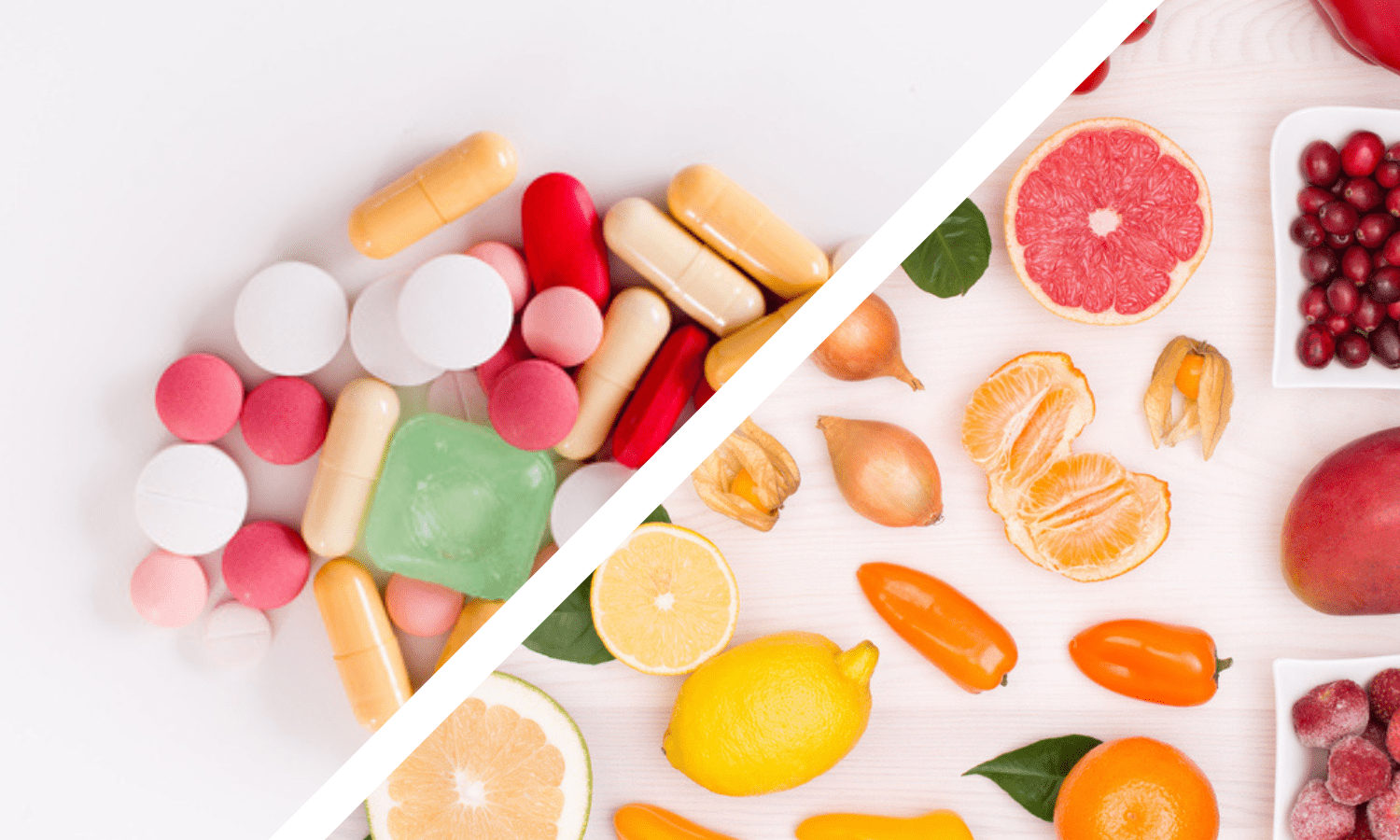By: Steve Bond, BScPhm, RPh, CDEY
Food is an integral part of our lives. Every cell in our body requires nutrients and vitamins to survive and we have a deep social and spiritual connection to food. Like food, some medications are a daily requirement for maintaining health. So what happens when the food we eat interacts with the medication we take? Food-medication interactions can significantly affect how our body handles various therapies. In some cases, it increases the effect of medication, and other times it decreases it.
For example, foods rich in iron or calcium may interact with certain antibiotics – the iron or calcium sticks to the antibiotic and prevents us from absorbing them. This can lead to antibiotic failure and worsening infection or the need for stronger therapies.
Digoxin is a medication used to strengthen our hearts and to control the rhythm. Its effectiveness is decreased when taken with high amounts of fibre. Ideally, it should be taken one hour before or two hours after fibre laxatives and meals high in fibre.
Alcohol, although not a food, is often consumed to complement a meal. It can lower glucose levels and hence can increase the likelihood of hypoglycemia (low blood sugar) when combined with insulin and other diabetic medications. The effect of alcohol on blood glucose can last up to 8 hours and is dependent on how much is consumed. Assuming there are no other contraindications, most diabetics can enjoy 1-2 drinks per day providing they monitor for signs of low sugars. Some antibiotics such as Metronidazole, when combined with alcohol, can cause severe headaches, nausea and vomiting. This combination should be avoided.
Many medications that we take need to be changed in the body before we get rid of them. We call that change metabolism. This metabolism occurs mostly in the liver or the intestines by certain enzymes. Grapefruit can block or inhibit certain enzymes in the intestines that are responsible for metabolizing some drugs. The body then can’t clear the medications and the levels in the body rise. Common remedies affected by grapefruit juice include medications for cholesterol, blood pressure, mood and antiviral drugs.
Food is and always be a huge part of our lives. Medication is the same. I recommend you speak to your pharmacist about how and when to take your medications. Take care of yourselves and each other.








